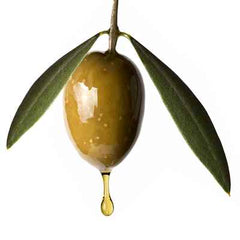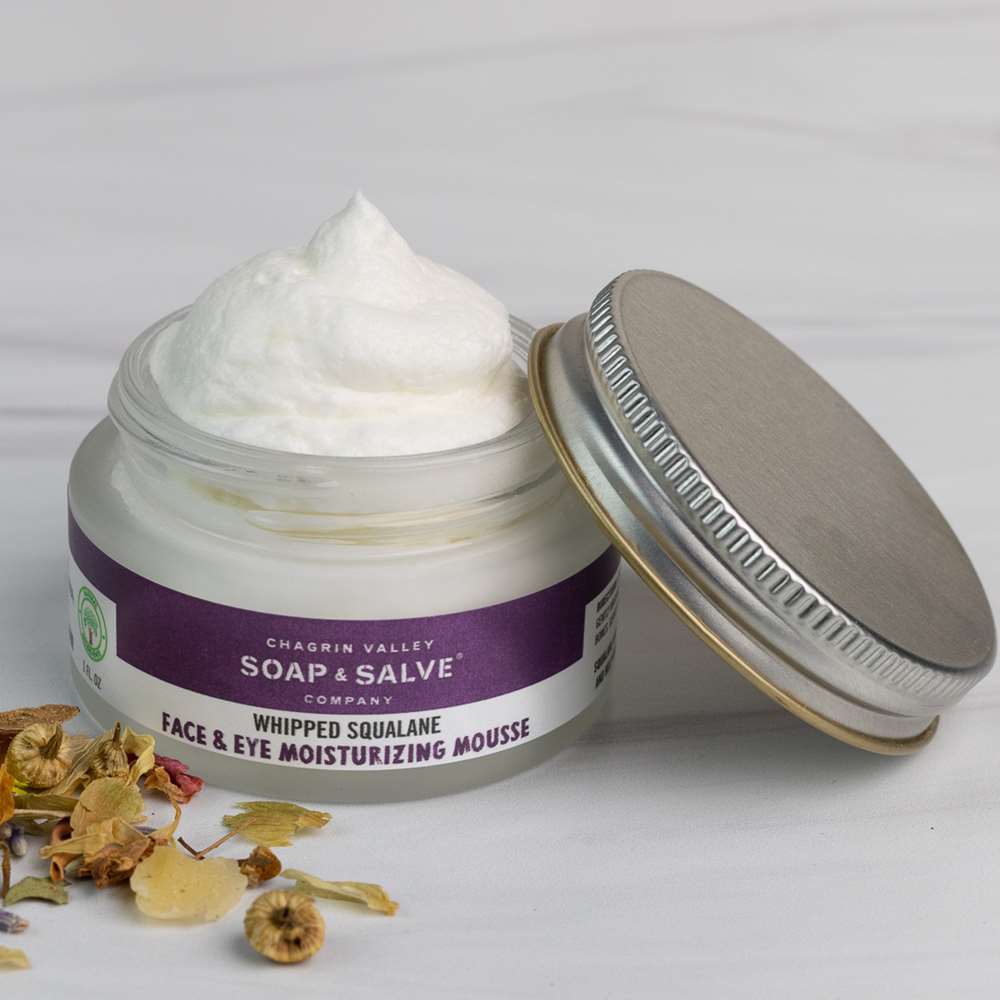Squalene, "Squalane," was discovered in shark liver oil in the early 20th century. By the 1950s researchers discovered that squalene was an important component of our skin’s natural oils. Squalane is a popular cosmetic ingredient for cosmetic professionals, who use it in many formulations for body, face and hair care. The emollient and hydration properties of squalane and its biocompatibility with our natural skin oils, make it an excellent skin protector.
Squalane is often used in skincare products to ease eczema, help with damaged hair, and provide antiaging and wrinkle protection.
Our Olive squalane is 100% olive derived. Olive Squalane leaves a pleasant, non-greasy after-feel. It is easily absorbed into the skin and is purported to help to 'soften wrinkles and lines' and rejuvenate tired skin.
Squalene vs Squalane
Squalene (with an "e") is a polyunsaturated oil naturally found naturally in plants and plant oils such as olive, rice bran, palm, wheat germ, amaranth, and sugarcane. It is also found in large amounts in shark liver (squalene from sharks has been banned in the European Union since 2009).
Squalene, produced by our own skin, is naturally found in the sebum which is the lipid barrier that helps lubricate our skin. Squalene production increases during adolescence, when it composes up to 15% of skin fats, and peaks around age 25. As we age, our skin produces less and less squalene and by the time we are age 50 it can be as low as 5%.
However, squalene is highly unstable. When exposed to oxygen it oxidizes, becomes rancid, and spoils quickly.
In order to make Squalene more stable, it is combined with hydrogen. This hydrogenation converts Squalene from an unsaturated oil to a saturated oil now called Squalane (with an "a"). Hydrogenation not only prevents oxidation and increases the shelf life but it also makes the oil more skin-friendly. Some Squalane is also found naturally in plants and human sebum but in very small amounts.
I have seen websites that offer “organic squalane oil.” I would definitely question these companies and ask to see their USDA certification for that product. Since USDA organic certification was designed for food, hydrogenated oils cannot be certified organic.

